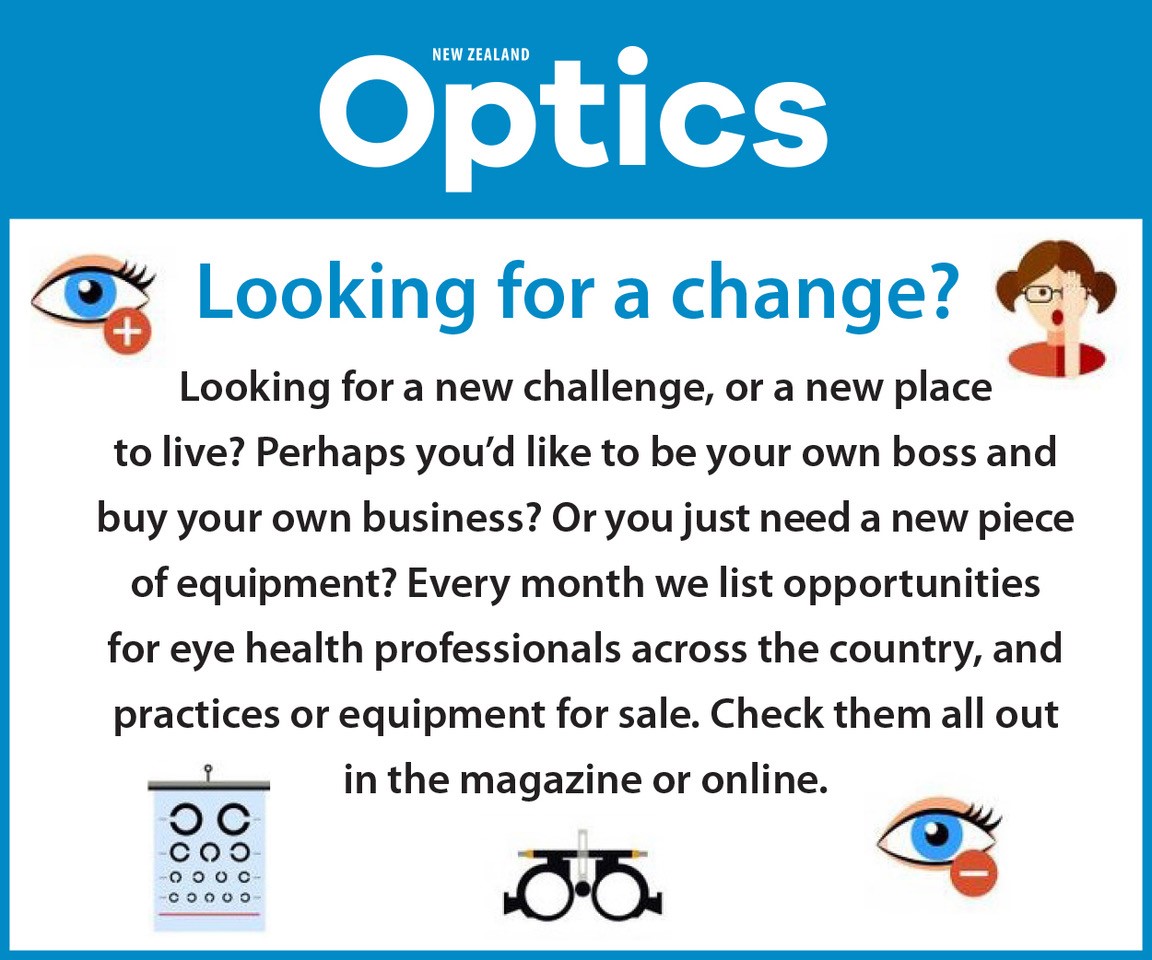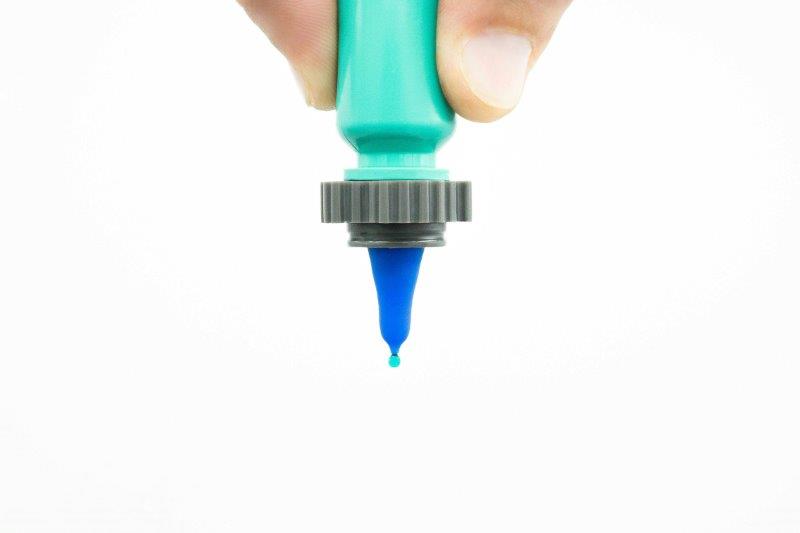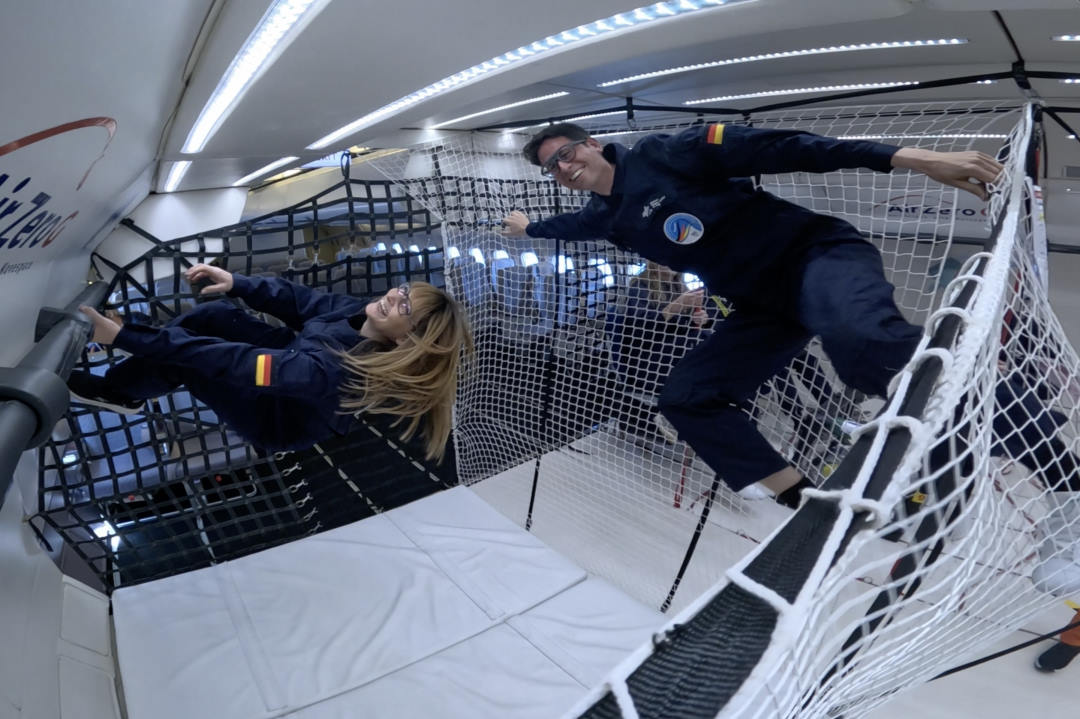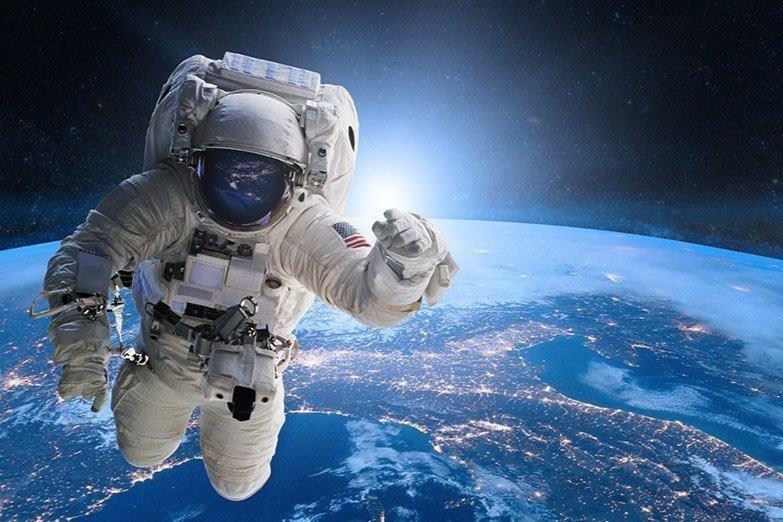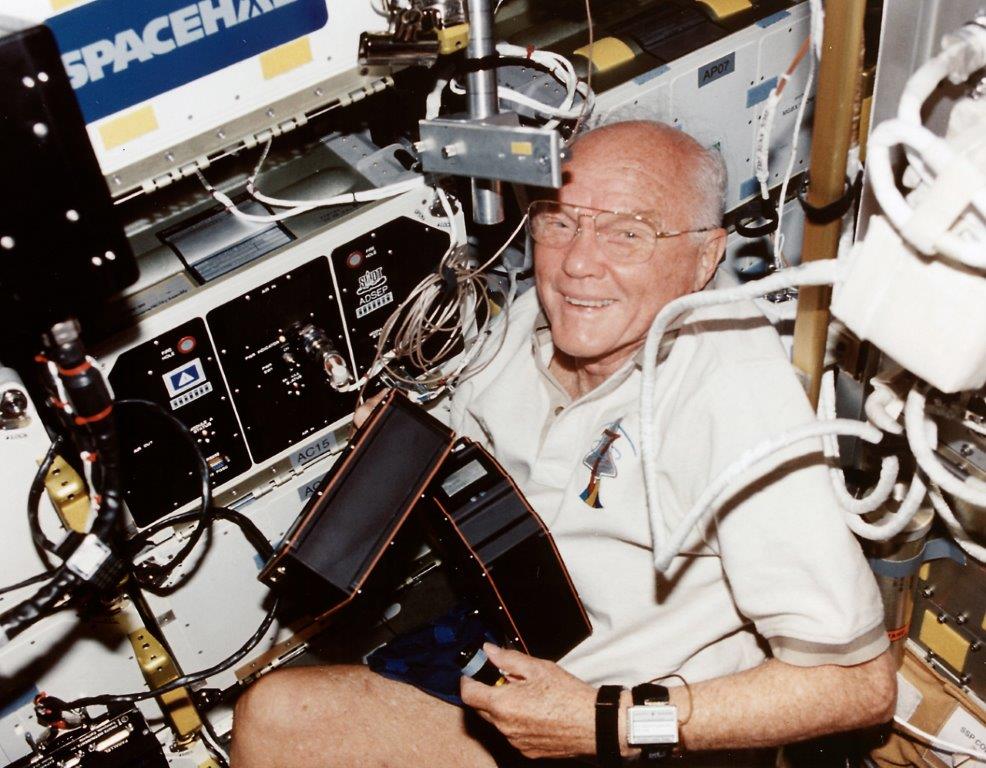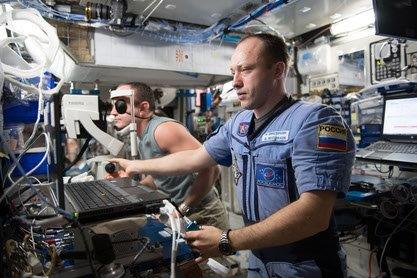Eye dropper launched into orbit
A US company’s eye dropper-bottle adapter, which reduces standard doses by a fifth to 7-10µL, is being used by astronauts on board the International Space Station (ISS).
Minnesota-based startup Nanodropper developed the adaptor to reduce drop size for Earth-bound patients, citing a study estimating up to 80% of a bottle of eye drops are wasted. Living in zero gravity alters the shape of astronauts’ eyes, while a paper co-authored by Otago University’s Dr Francesc March de Ribot noted dry eye disease is one of the most common ocular conditions reported by astronauts. Some astronauts also reported the globule of medication from a traditional dropper can grow to three to six times the size needed in space, overmedicating the eyes.
NASA’s SpaceX Crew-8 took the adaptor to the ISS on 1 March this year. It was a case of waiting for the right mission to test the Nanodropper adapter, said the company’s communications director Robbie Spencer. “Theoretically, this could stretch the life of one bottle of medicine in space by 30 to 40 times. On a mission to the moon or Mars, that could be an enormous deal, in terms of astronaut health.”








